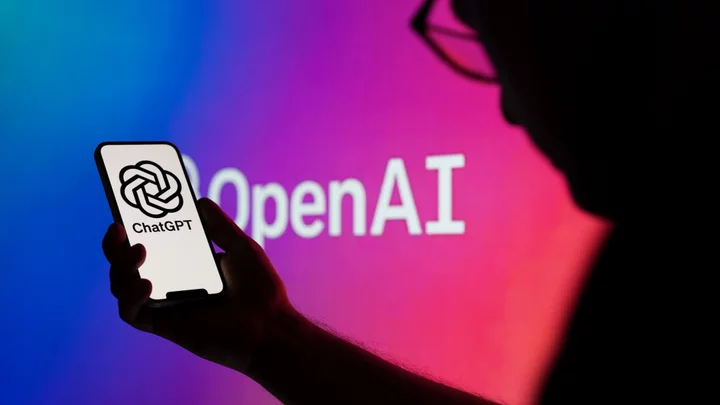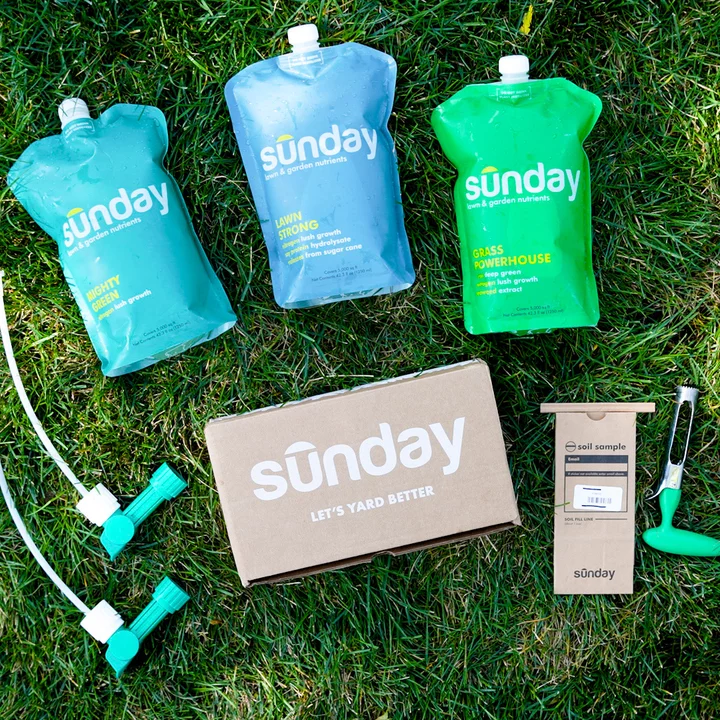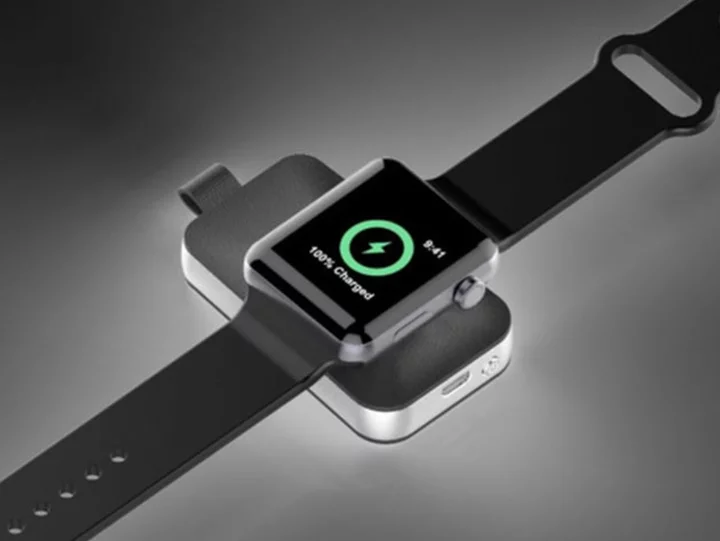A law firm has filed a class-action lawsuit that claims OpenAI violated everyone’s privacy by scraping the web for people’s information to train ChatGPT.
California-based Clarkson Law Firm this week filed the 157-page complaint, which demands OpenAI halt offering commercial access to ChatGPT, citing the ongoing privacy violations.
“Using stolen and misappropriated personal information at scale, [OpenAI has] created powerful and wildly profitable AI and released it into the world without regard for the risks,” the firm says.
It’s no secret that ChatGPT was trained on information from across the internet, including Wikipedia articles, blogs, and posts from social media platforms such as Twitter and Reddit. The problem is that OpenAI has been using the information to train ChatGPT without asking consent from users or warning them, Clarkson Law Firm says.
The firm now wants to test the legal theory that the web scraping and data collection violates various federal and state privacy laws. In a blog post, Clarkson adds that OpenAI and its partner Microsoft are poised to reap huge profits from the technology, despite collecting people’s personal information without their consent.
“Each new user and dollar earned represents another victim financially damaged by the ongoing commercial misappropriation of their personal information,” the law firm alleges.
The other issue is that OpenAI's own leadership concedes that artificial intelligence could disrupt society and lead to the downfall of mankind. “We cannot afford to pay the cost of negative outcomes with AI like we’ve done with social media, or like we did with nuclear. As a society, the price we would all pay is far too steep,” the law firm adds.
The lawsuit is demanding a US district court force OpenAI to temporarily stop offering ChatGPT until it can implement various safeguards. They include setting up an independent “AI council” that’ll determine how OpenAI’s products will be used in the future. In addition, the lawsuit demands OpenAI pay damages for scraping people’s data without their consent.
OpenAI didn’t immediately respond to a request for comment. But in recent months, the company has added new privacy controls, which include requesting OpenAI delete your personal data from the chatbot, depending on your jurisdiction.









